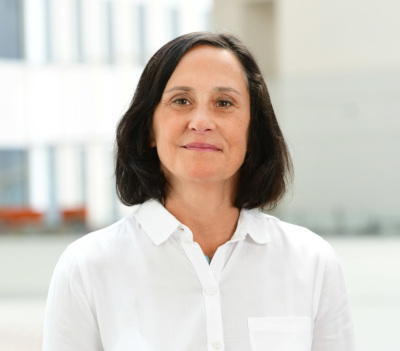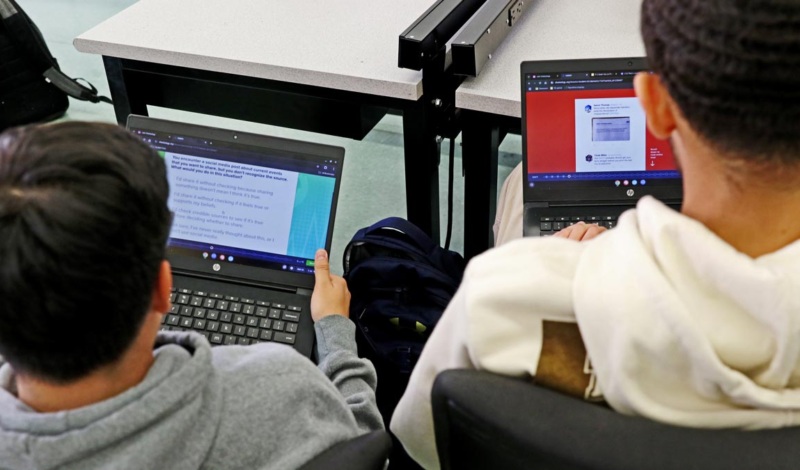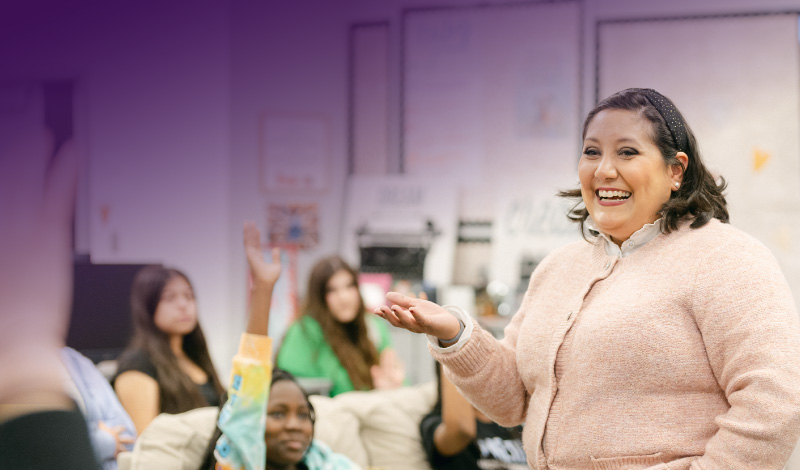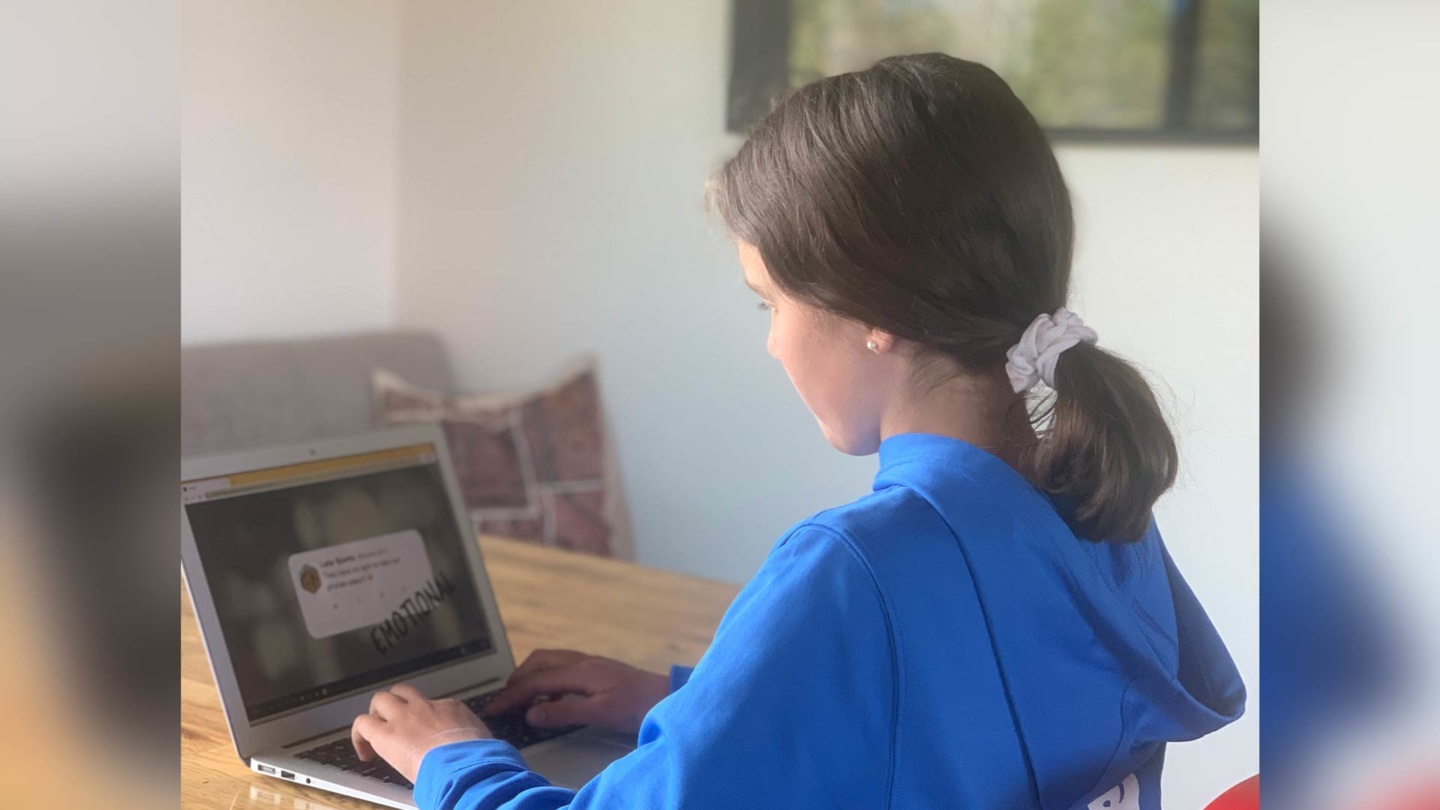
Parents find that Checkology enhances daughter’s distance learning
Not long after schools closed in Jackson, Wyoming, in March due to COVID-19 health concerns, Charlotte Krugh found that her daughter, Julia, 11, had too much free time on her hands. The sixth-grader’s distance learning assignments occupied her about three hours a day. Her sister Eliza, 9, who attends a different school, had a full day of work.
Krugh and her husband Brad were unhappy with how much time Julia spent watching YouTube videos while they were busy working from home. So they began to look into resources that would be meaningful and that Julia also might enjoy.
“We wanted something that would keep her engaged and not be busy work,” Krugh says.
That’s when she discovered that the News Literacy Project was offering its Checkology® virtual classroom free to U.S. educators and parents in response to school closures.
“At first she didn’t want to do it,” says Krugh, who, a former teacher well familiar with students’ resistance to additional work. “Then last week, she started to get into it.”
‘Aha!’ moments in distance learning
After a few lessons, Julia made some discoveries. For example, she had never given much thought to propaganda — a category of information in the InfoZones lesson. And she gained a new perspective on the YouTube crafting channel she watches. Krugh had told Julia that her favorite crafter might be getting paid to feature some of the products used in her videos, but she dismissed that idea. After completing a Checkology lesson that discussed sponsored content, Julia changed her mind. She told her mom: “You know, she might want to be trying to sell me something.”
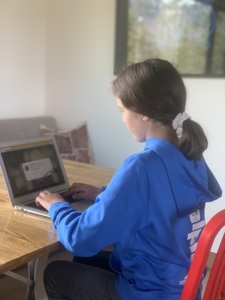

Julia Krugh, 11, works on a Checkology lesson. Photo courtesy of Charlotte Krugh
“She is learning and we’re really pleased,” says Krugh.
And Julia wasn’t the only one in the family benefiting from distance learning. “One of the things that surprised me, I feel like I am pretty news savvy, but I got a few things wrong,” Krugh says. She was referring to the Checkology lesson on Branded Content that describes how some blog posts are actually deftly disguised advertisements. “I think there is something we all can learn from it.”
With that in mind, she also might introduce Eliza to Checkology. And she hopes to engage the group of friends Julia has virtual lunch with most days. “I’m hoping that some of her friends might be interested in it. It would be fun to have them do it,” Krugh says.
In the context of COVID-19
The COVID-19 pandemic also provides opportunities for Julia and Eliza to broaden their perspectives, based on diverse sources of information. They take part in video calls with a great aunt who is an infectious disease doctor and stay in touch with friends they made in Spain, where the family once lived. That country has been hit hard by COVID-19, and the girls’ friends have been allowed outside to play only recently after many weeks indoors.
And a slide presentation that Eliza worked on provided a chance to discuss the validity of sources for COVID-19 information the friend provided. “I think that having a variety of ideas inform you is super important,” Krugh says. “It gives us an opportunity to talk about different ideas and where they come from.”
That’s also a basic tenet of news literacy education. This resonates with the family.
“We are not teaching critical thinking skills early enough. Anything we can do to improve academic success and beyond, we should be doing,” Krugh says. “We want our kids to question and wonder and be curious.”
